Podcast: Play in new window | Download
Subscribe: Apple Podcasts | RSS
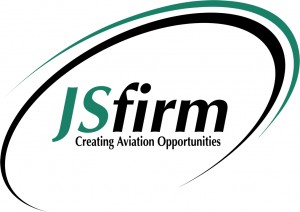 If you are preparing for a job interview then this episode is for you. I will share with you the key elements to a successful interview. To help me with this process I am excited to have with me Amanda Myers of JSfirm.com.
If you are preparing for a job interview then this episode is for you. I will share with you the key elements to a successful interview. To help me with this process I am excited to have with me Amanda Myers of JSfirm.com.
JSfirm.com creates aviation opportunities by having one of the most extensive listings of aviation jobs on the internet. Amanda is with me today to discuss how you can increases your chances of obtaining a job in the aviation field by having an outstanding resume and being prepared for your interview.
Amanda and I discuss:
- The Importance of A Good Resume.
- Hiring prospects in the aviation industry.
- Why the first phone contact is important.
- Qualifications and interview performance.
- The Interview Process.
- The importance of rehearsing a script.
- How and why you should practice before the interview.
- What is JSfirm.com and how they create aviation opportunities.
- The aviation resume services offered by JSfirm.
Recommendation:
JSfirm is truly “creating aviation opportunities” as their byline states.
The website has a broad scope of jobs in the aviation industry while focusing on the most popular jobs. If you want to view the various jobs in the aviation industry this is a great place to start. You can spend time perusing their website and learning about the many job opportunities.
JSfirm.com allows you to post your resume for free and offers resume services. I highly suggest you read the section of their job interview tips which is free. To find your next career in aviation and to learn more about the services provided by JSfirm.com please call 724-547-6203 or visit JSfirm.com.
Listener Questions:
(note: questions are edited for privacy and content)
Question From Erol:
Hello Carl,
I want to start off by telling you how much I enjoy both of your podcasts. They’re both on my regular not-to-be-missed podcast playlist.
I’m a complete aviation geek and have been my whole life. I’m passionate about aviation, the airline business, and piloting. In fact, I am launching a podcast of my own here soon.
I am a private pilot with 300 hours in a single engine airplane. I’m 42 working in the semiconductor industry.
Question 1:
So this brings me to my first question. In researching my options to “punch my tickets” i.e. getting the instrument, multi, commercial, CFI, CFII and MEI ratings, I came across ATP (http://www.atpflightschool.com/). What is your opinion of ATP or a similar school where you earn the ratings in 90 days? Would this training be looked upon as a positive or a negative by an airline? If this is a negative, what would be a better alternative?
Answer:
Thank you for the questions and listening to both of the podcasts I am involved with. For those of you who only know me from listening to this podcast, I am a regular co host on The Stuck Mic AvCast. This is another aviation podcast about learning to fly, living to fly, and loving to fly. If you want to hear some interesting conversations about flying general aviation airplanes go to StuckMicAvCast.com.
First let me say I am inspired by your enthusiasm and think you will enjoy a job in the aviation field. To answer your first question, I feel schools where you earn all of your ratings in 90 days can be both good and bad, it depends on the school.
I am very familiar with ATP flight school and feel they do a great job with training. As a matter of fact I sent one of my students there because he wanted to accelerate the process of becoming a professional pilot. Now with that said I have attended many accelerated programs for various ratings and I can say the quality of training is the most important aspect of the flight school.
I went to one accelerated program where I feel I received poor training and the school finally folded. Other accelerated programs I have attended were good. I look at these accelerated programs similar to summer school classes where you attend class all day. They are intense, you learn quickly because you are immersed in the material, and the quality depends on the quality of the program and the instructors.
I don’t think this training is looked upon as a positive or a negative at the airline. I see many new hires come from these accelerated programs. With that said you must understand in aviation there is no substitute for quality training and experience.
Question 2:
Now, assuming I get my ratings, can you help me understand the difference between quality hours and non-quality hours as it relates to a hiring airline? If the looming pilot shortage is real, do you expect airlines to be picky about how the hours were flown?
Answer:
The difference between quality hours and non-quality hours as it relates to a hiring airline is simple. Do the hours you are gaining make you come closer to minimums for the airline you are applying. If the airline you are interested in working for has a minimum of 200 hours multi-engine time and you are flying a single engine it doesn’t matter how many hours you get if you don’t get the 200 multi-engine time.
This happened to me. I had many hours of flight instructing in single engine aircraft and very few hours of multi-engine time. I had an airline call me three times to see if I wanted to interview and each time I couldn’t even interview because I didn’t have enough multi-engine time.
When I was furloughed this also hurt me because I didn’t have enough multi-engine piston time to work at a flight school teaching in their twin. So the moral of the story is to build as much multi-engine time as you can.
One further consideration is to make sure you actually have some time actually flying the plane. There are some airlines who distinguish on your application the time you were “sole manipulator of the controls”. Theoretically you could get your ratings and fly right seat as safety pilot and only land the plane every 90 days to keep current. My advice is to have a mix of both being the sole manipulator of the controls and the safety pilot. Of course if you get your CFI you are no longer logging safety pilot time. I highly recommend your getting your CFI if you want to make money and build time.
The upcoming hiring boom or “pilot shortage” for the airlines will work like this. There are many high time pilots on the street right now who will probably get the jobs first. But since the number of qualified pilots is less than it was 10 years ago the airlines will go through this fairly quickly and then they won’t be a “picky” about your hours. Remember to always be trying to increase your eligibility for the airlines no matter the stage of the hiring cycle.
When one of the “pilot shortages/hiring cycles” came back in the 90’s my friend was hired with 5000 hours and that was considered competitive for a regional job at the time. Only a year later the regionals began hiring pilots with as few as 500 hours. That is where I see us heading in the future.
One other item that you need to keep an eye on is if the FAA is going to relax the new requirement for all first officers at an airline to have an ATP. This may happen and is something to watch.
Question 3:
Given my age, is it realistic to think I can make it to the airline? And, if I do, what are my chances of reaching a seniority to hold a line and no longer fly reserve?
Answer:
Given your age it is quite realistic to make it to the airline but you must help me define what you mean by an airline. Many people are making the career choice to remain at the “regional airlines”. Many of these airlines fly to different countries and have great benefits and pay. After 10 years with the large jet regionals you can expect to make low six figures and have approximately 15 days off.
What is interesting is the DOT classifies many of the large regionals as major airlines due to the fact they use gross revenue to define the difference between regional and major. Most employment websites classify these airlines in the “National and Low Cost Carrier” sector.
Furthermore, with a regional carrier you will get to go to many of the same cities and countries as the majors as long as it is not too far over seas. About 7 years ago while flying for a “regional” I flew to three countries in one day. I’m not sure we can continue to call this type of flying regional anymore.
With all this said, if you do wish to make it to a Major airline and schedule is important for you then research the age of the pilots at the airline where you want to work. To advance on the seniority list someone senior to you must retire or leave the company. If there are many people above you on the list that are younger than you your advancement up the list will be limited. The reason I say you must look at age is because people don’t leave once they are senior because there are no lateral moves in the airline business. This is something to research when you are looking at an airline.
Question 4:
And finally what are your comments about the quality of life as a pilot? I’m not so much concerned with the salary because my wife and I are financially prepared for the change in income. I’m more concerned about being a parent.
I’ve spoken with pilots who say that while they’re away for 3-4 days each week the time at home the remainder of the week is higher quality. For example when they’re home, they’re home all day versus me who when home is in an office 8-10 hrs/day. I’ve spoke with other pilots who claim they missed the first 20 years of their child’s life and feel like they missed everything. Obviously two different viewpoints. Not sure if you have kids or not but any feedback is appreciated.
Answer:
Your final question regarding quality of life as a pilot is an interesting one. Much of your quality of life depends on the type of equipment you are flying, your seniority, and the airline you work for. It also can change with the seasons and economic cycles.
I have had both wonderful schedules and poor schedules depending on my seniority and how they schedule pilots at the airlines I have worked for. At times I have had 20 days off a month and was home more than on the road. Other times I might not get home for 2 weeks at a time only to be home for less than 36 hours. Again this is all dependent on the airline, your seniority and how far you live from work.
For example, I live over a thousand miles from where I work. I have to commute to work sometimes 24 hours in advance and at times don’t get to come home from work for up to 12 hours after I finish a trip. It takes me door to door six hours to get to work on a good day but I normally need a few more hours in case of cancellations and bad weather.
If you decide not to “commute” to work and simply drive into work it can make your schedule much easier to deal with and you will get be home more often. I know that when I lived in base I felt like it was a different job altogether. When I left work I would be home in an hour and that was it until the next time I went to work.
As flight crew members we can live anywhere in the world. We can live in an island paradise and commute to work, or we can live near the airport where we are based. The ultimate would be to have a base near a place you want to live. This would be the ultimate quality of life for a pilot and I know many who do this. But you need to work at an airline who has a base where you want to live.
You see much goes into the decision when you are looking towards a career as a flight crew member. Commuting will very much affect your lifestyle. It affects mine tremendously. But I made a decision to live in an island paradise with sand in my toes and then jump on a plane and go to work. This lifestyle is not for everyone but it does have some perks.
Thanks again for the great questions Erol.
Closing:
If you are interested in getting into the aviation or aerospace field I hope you have realized through this interview the wide variety of jobs available. Whether flying, designing, building, repairing, or managing airplanes you can find a job in aviation if that is your passion.
To contact us please go to AvationCareersPodcast.com and click on the contact page. Don’t forget to like us on Facebook and follow us on Twitter. I also invite you to leave a voicemail at 347-MY-WINGS or 347-699-4647. If you have comments, suggestions, or questions for me or one of my guests please feel free to ask.
Hope to see you next episode. Safe Flying!

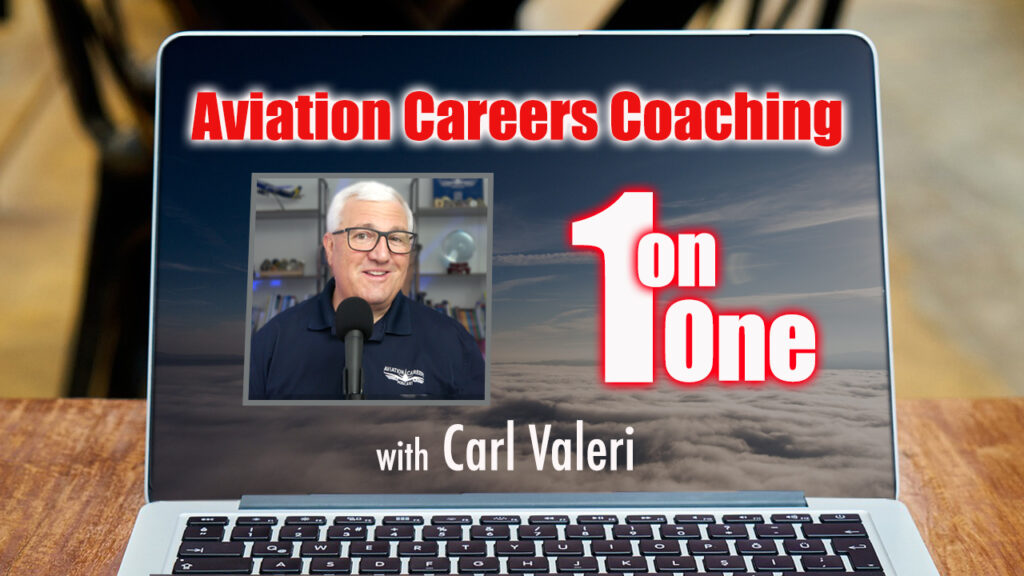
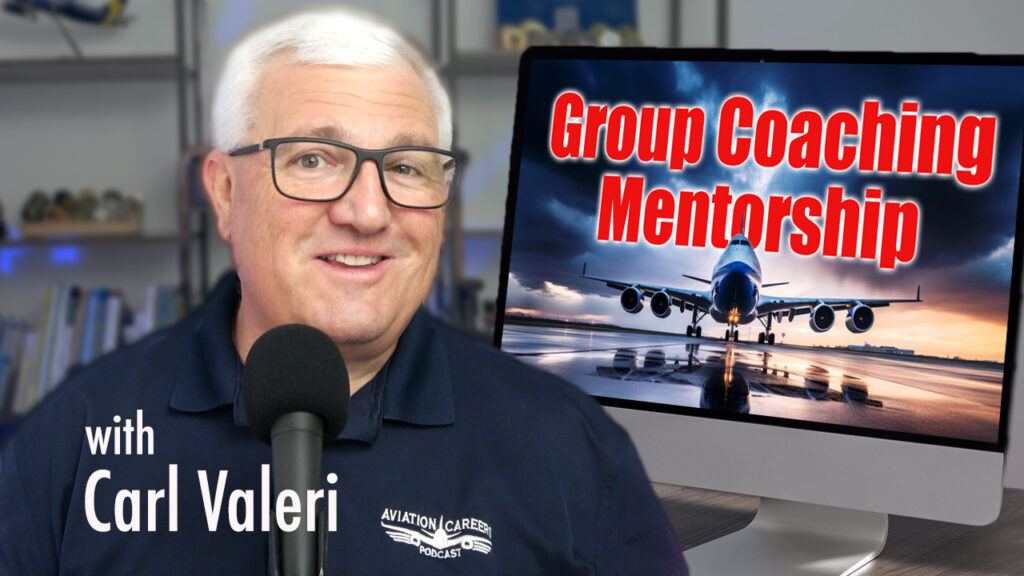
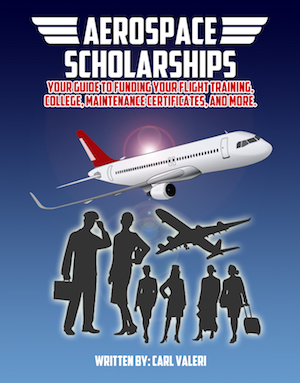
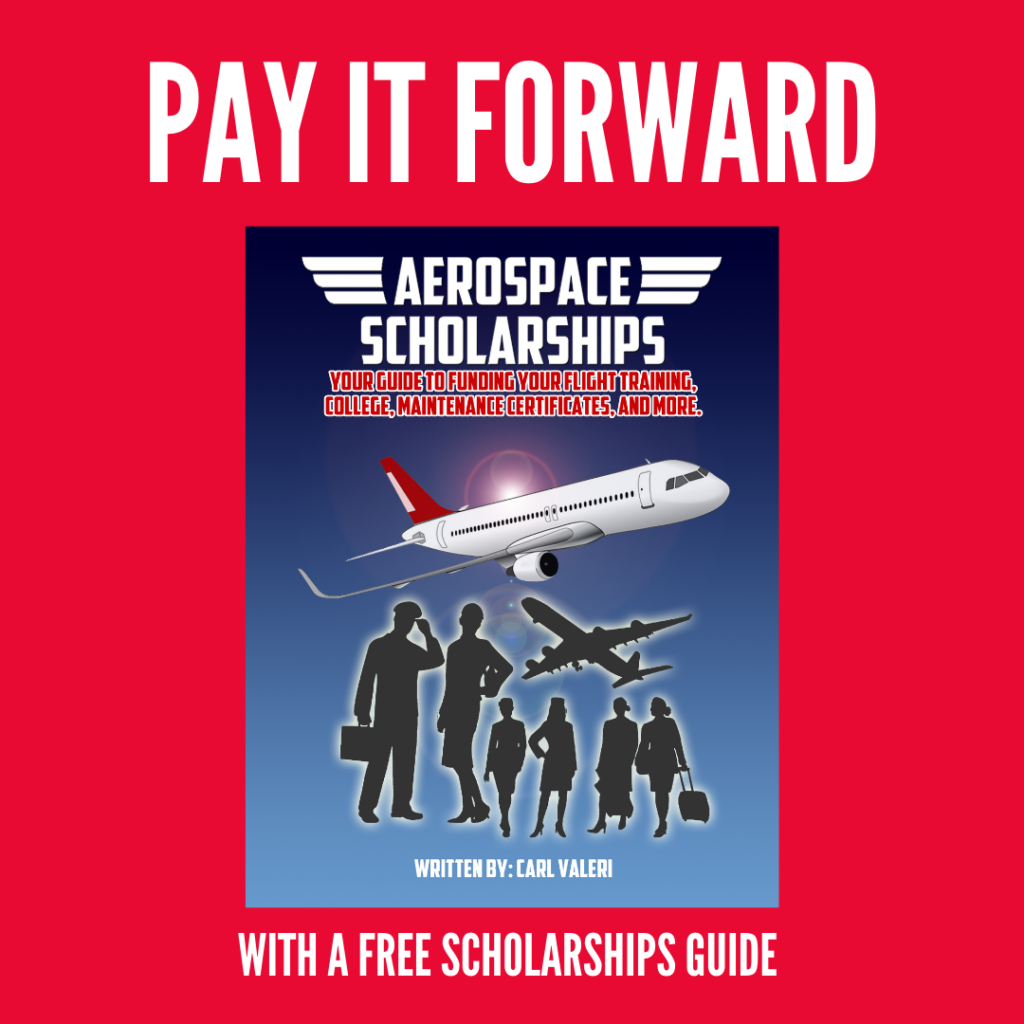
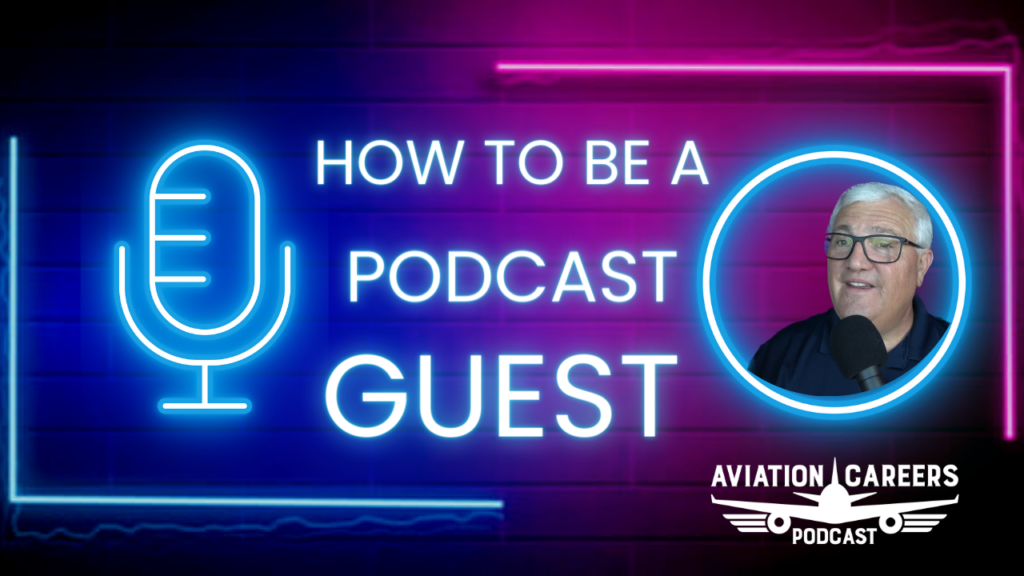
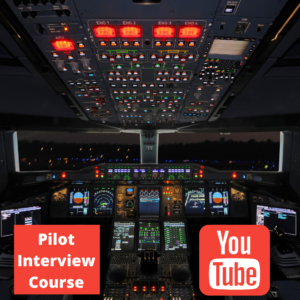


{ 0 comments… add one now }
{ 2 trackbacks }